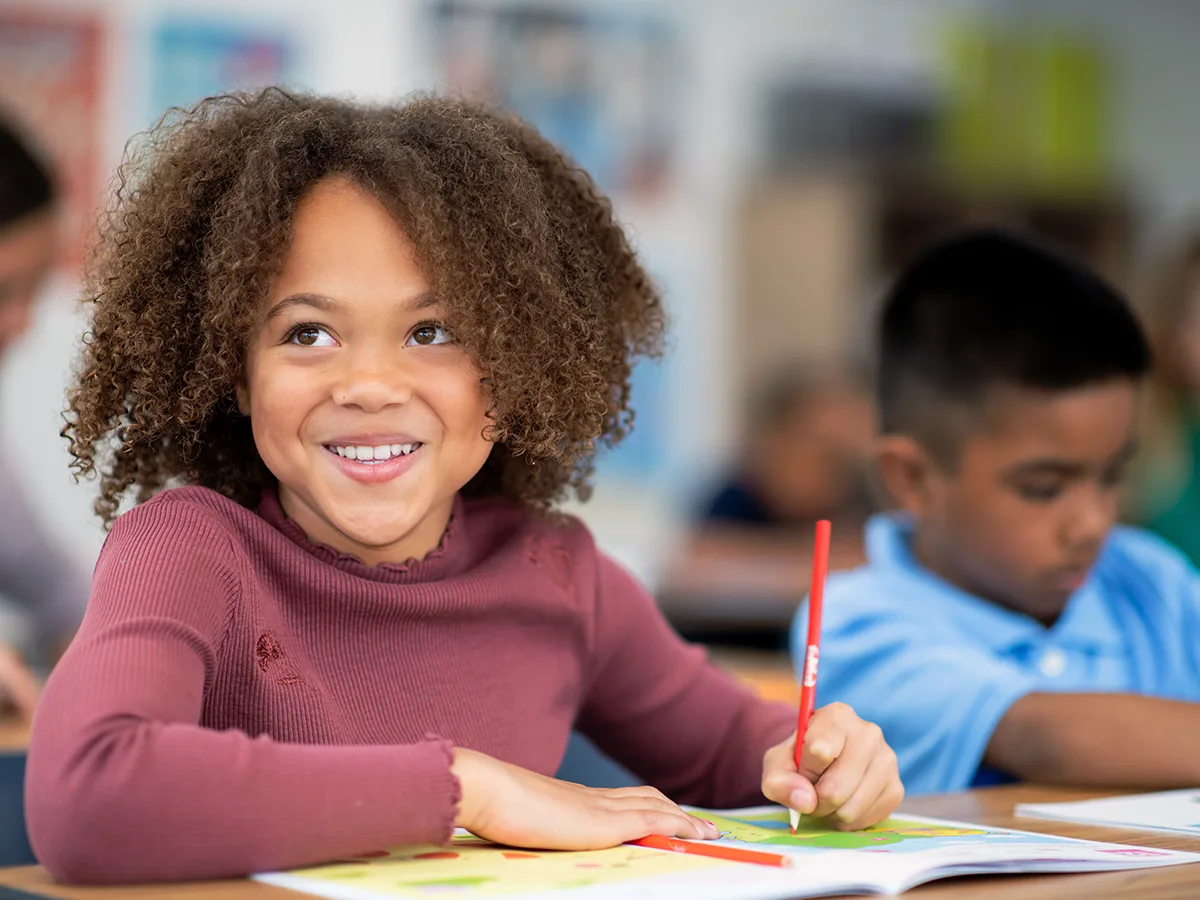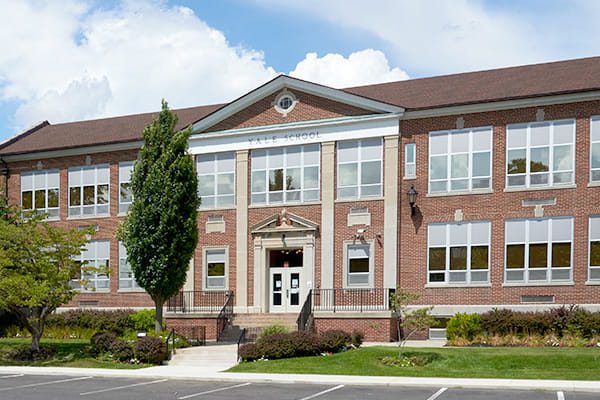The Importance of Local Support to Save Temecula Schools Today
The Importance of Local Support to Save Temecula Schools Today
Blog Article
Understanding the Importance of Schools in Child Advancement and Neighborhood Development
Schools function as essential institutions for youngster advancement and neighborhood growth, giving atmospheres where scholastic achievements are enhanced by the farming of social skills and direct exposure to varied viewpoints. These instructional settings not just promote vital reasoning and reliable communication yet likewise foster empathy through collaborative jobs. Institutions' involvement with local neighborhoods with service-learning campaigns strengthens the bond between family members and educational establishments. This cooperative relationship highlights the significance of colleges in supporting active citizenship and lifelong discovering routines. Nonetheless, what are the certain systems whereby these establishments accomplish such extensive effects?
Academic Achievement
Academic success works as a keystone of youngster growth, giving the structure whereupon future knowing and success are built. Institutions play a pivotal role in fostering this academic development, offering structured atmospheres where youngsters can acquire important knowledge and cognitive skills. Standardized curricula make sure that pupils gain proficiency in core topics such as maths, scientific research, and language arts, which are crucial for both higher education and learning and specialist chances.
Along with imparting essential academic abilities, schools also cultivate vital reasoning, analytical capabilities, and intellectual inquisitiveness. These cognitive expertises are essential for browsing intricate real-world circumstances and adjusting to the ever-evolving needs of the modern-day workplace. Teachers, as facilitators of discovering, utilize varied instructional strategies to accommodate varied understanding styles, thus making best use of individual pupil possibility.
In addition, scholastic success is very closely connected to self-esteem and motivation. Children who experience academic accomplishments are more probable to develop a positive self-concept and a long-lasting interest for understanding. Schools also offer various resources, such as libraries and technology, which even more improve the educational experience and prepare pupils for a technically sophisticated society.
Social Skill Development
Beyond scholastic accomplishment, the role of colleges in social ability development is crucial. Schools function as a primary venue for youngsters to learn and practice necessary social abilities such as cooperation, problem, and communication resolution. In the structured setting of a classroom, students communicate with peers, teachers, and various other school team, providing countless chances to develop these critical abilities.
Effective social ability advancement in colleges is promoted via group activities, collaborative jobs, and extracurricular programs. These communications aid students recognize social standards, construct compassion, and promote a sense of neighborhood. For circumstances, group assignments instruct students just how to collaborate towards a common goal, listen to various viewpoints, and navigate differences constructively.

The cultivation of social abilities throughout institution years lays a foundation for future individual and specialist relationships. Save Temecula Schools. As students develop, the capacity to properly communicate and team up becomes progressively crucial, highlighting the school's essential function in all natural kid development
Exposure to Variety
Direct exposure to diversity in schools is fundamental to cultivating a comprehensive way of thinking and broadening students' viewpoints. Schools work as a microcosm of the more comprehensive culture, and coming across varied societies, languages, and socioeconomic her latest blog backgrounds within this atmosphere furnishes trainees with vital skills for navigating a progressively globalized world. This exposure encourages empathy, minimizes prejudices, and advertises shared regard amongst peers.
Study suggests that students who interact with peers from diverse histories show far better analytic skills and creativity. This understanding of variety prepares trainees for future work environments that value modern capability - Save Temecula Schools.

Neighborhood Involvement
The advantages of varied class prolong past the over here school wall surfaces, promoting a strong sense of community involvement among trainees. By connecting with peers from numerous cultural, socioeconomic, and ethnic backgrounds, pupils get a more comprehensive perspective and an admiration for diversity. This direct exposure urges them to become active people that agree to contribute positively to their areas.
Institutions that emphasize area interaction usually include service-learning tasks, which allow students to address real-world problems while applying scholastic skills. These jobs not just boost trainees' understanding of their coursework yet also instill a sense of obligation and empathy. Furthermore, partnerships between institutions and local companies provide trainees with chances to take part in neighborhood events, further strengthening their duty as aggressive neighborhood members.
Additionally, adult and community involvement in colleges strengthens the bond in between instructional organizations and the communities they serve. Via these efforts, institutions play a crucial function in supporting community interaction and cultivating social development.
Lifelong Learning Practices
Establishing long-lasting discovering behaviors is essential for a child's constant growth and versatility in an ever-changing world. Colleges play a pivotal role in instilling these habits by creating an atmosphere that promotes interest, important reasoning, and a love for understanding. Via varied curricula and after-school activities, educators urge trainees to check out numerous topics, examine details critically, and apply their learning to real-world circumstances.

Moreover, institutions offer a structured setting where children can establish self-control and time management skills, both of which are essential for continuous knowing. By highlighting the relevance of establishing goals, reviewing development, and adjusting approaches, schools prepare trainees to navigate the complexities of adult life, ensuring they continue to be long-lasting learners and contributors to society.
Final Thought
To conclude, colleges are vital in fostering child link development and community development by supplying environments favorable to scholastic achievement, social skill growth, and direct exposure to variety. Via joint jobs and communications, colleges boost crucial thinking, empathy, and interaction skills. Neighborhood interaction initiatives even more enhance the bond between schools and local areas. Inevitably, schools cultivate long-lasting discovering habits, equipping individuals with the necessary knowledge and skills to add positively to society.
In the structured atmosphere of a class, students interact with peers, educators, and various other institution team, offering various possibilities to establish these essential abilities.
In significance, direct exposure to diversity within institutions not only enhances private pupils however additionally reinforces the social textile of the area as a whole.
The benefits of varied classrooms extend beyond the institution wall surfaces, fostering a strong sense of area interaction among trainees.Institutions that stress area interaction typically integrate service-learning tasks, which enable students to deal with real-world issues while using scholastic abilities. Collaborations in between colleges and local organizations supply students with opportunities to take part in neighborhood events, additionally solidifying their role as aggressive area participants.
Report this page